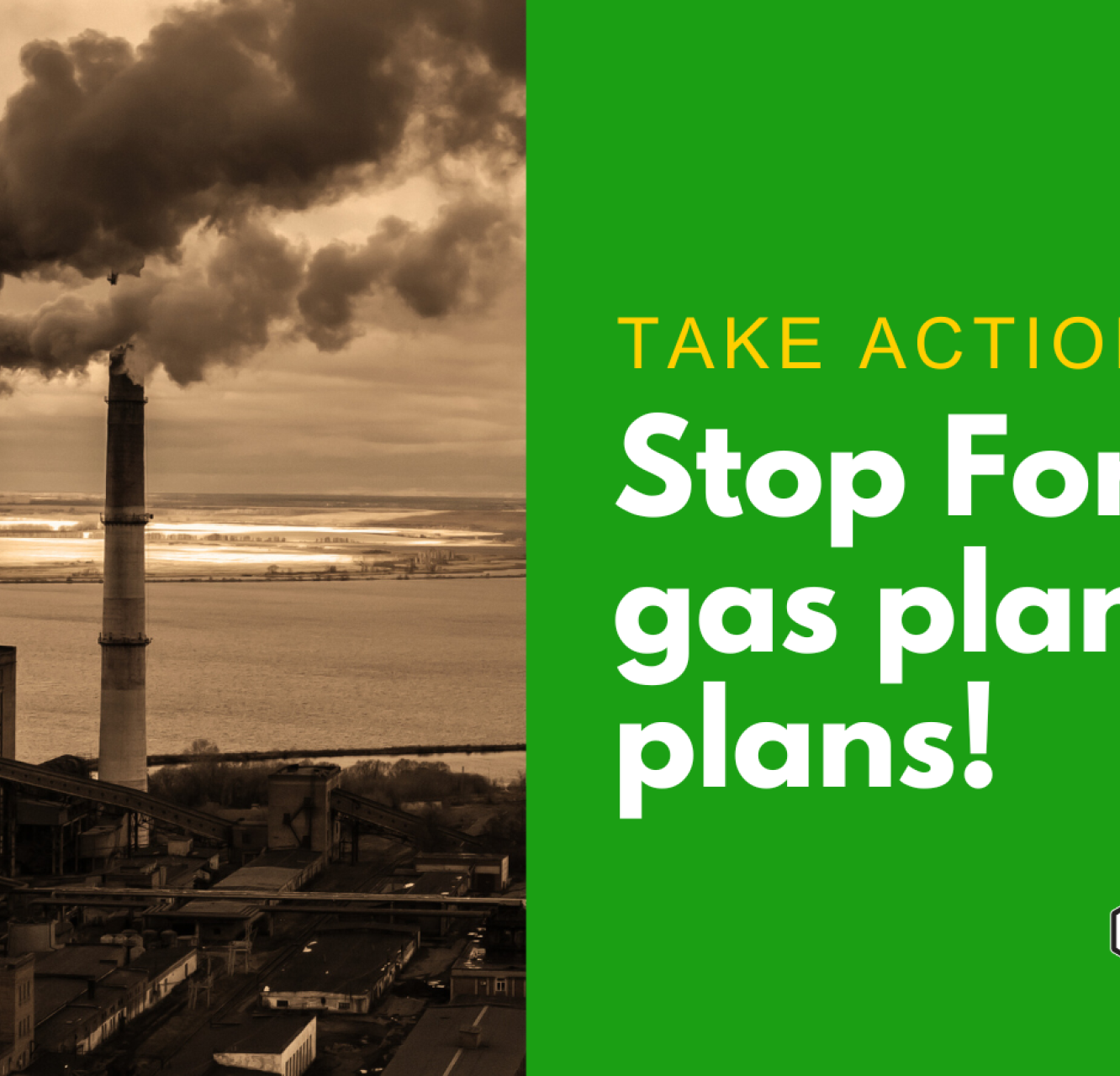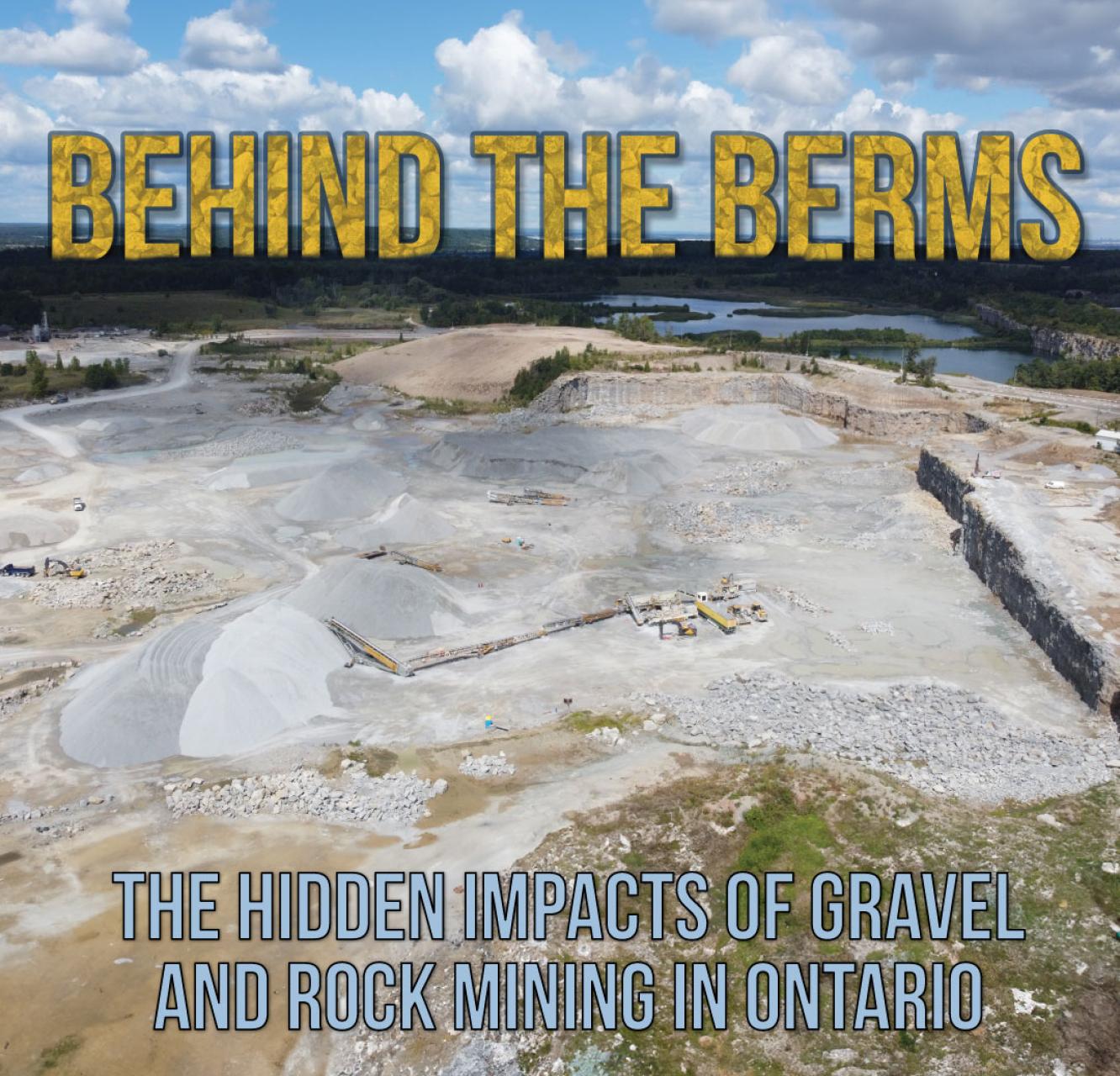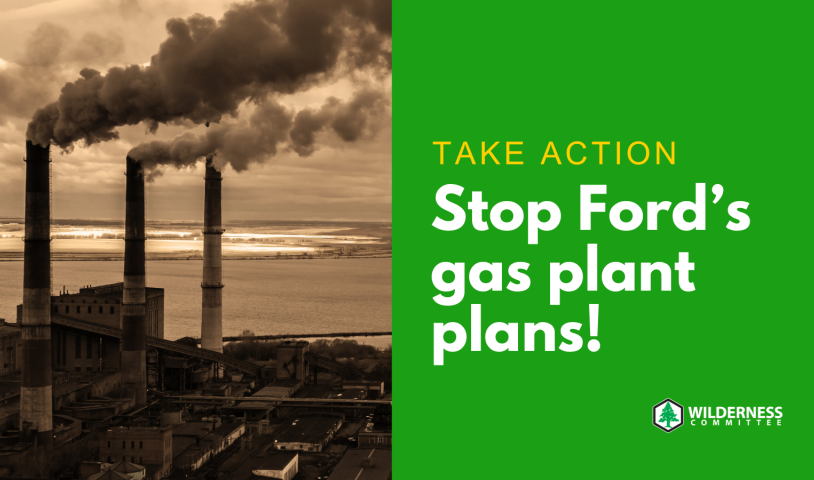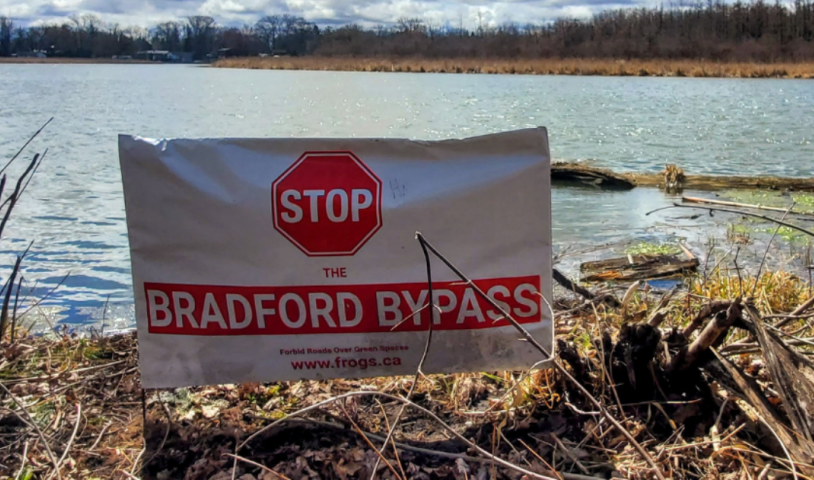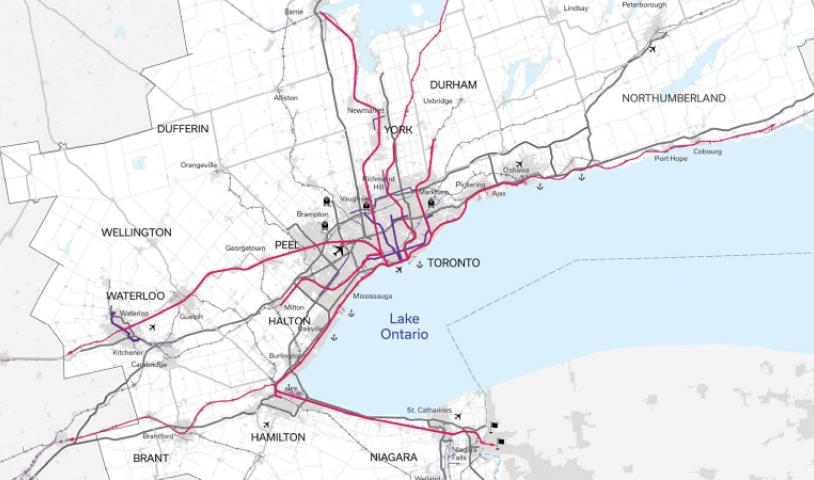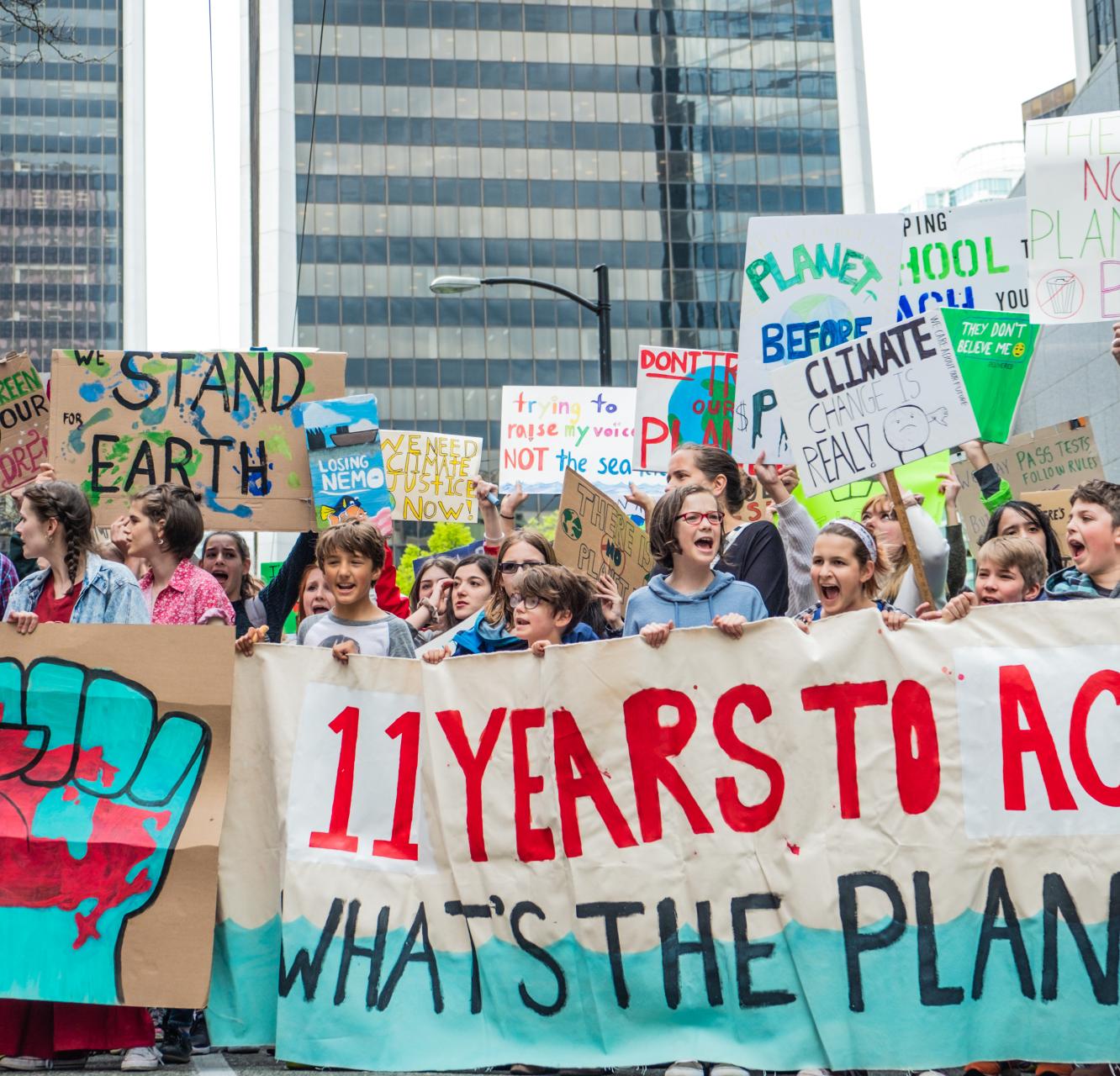Ontario Climate Justice
High in emissions and lacking in action
Ontario has already warmed by 1.5°C since 1948, faster than the global average, and ranks as the second-highest greenhouse gas emitter province in Canada. The impacts are here: extreme weather and flooding, rising food prices, spreading diseases, warming lakes and rivers, intensifying wildfires and stressed wildlife populations. We are falling behind in addressing the climate crisis.
Take Action
Time to phase out gas power in Ontario
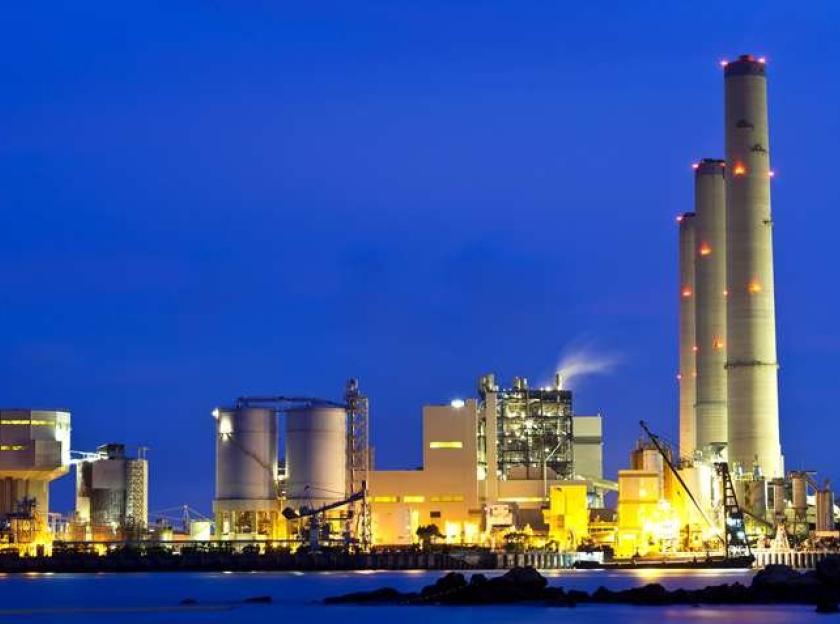
Climate justice is economic justice
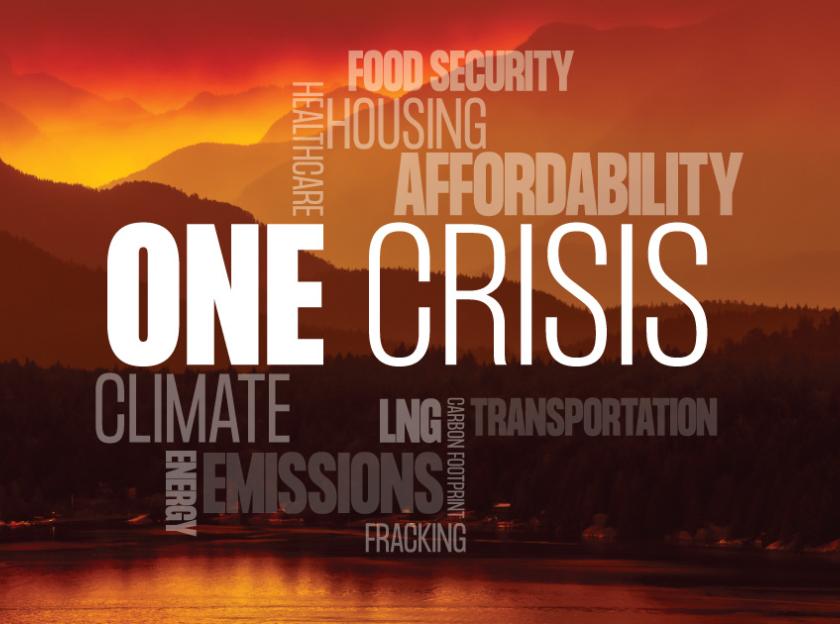
A province falling behind
Ontario’s current climate target — to reduce emissions by 30 per cent below 2005 levels by 2030 — is weaker than the federal goal of 40 per cent and falls far short of what scientists say is necessary for planetary health. Since 2018, the province has cancelled the cap-and-trade program and many clean energy projects, slashed retrofit and electric vehicle incentives, reduced conservation and pushed policies that drive urban sprawl. It has also been dubbed “Ontario’s oil sands” due to its rising emissions and weakened protections for wetlands and woodlands that help control flooding.
Ontario’s Auditor General has described the government’s climate plan as “not supported by sound evidence.” In short, the plan is thin on details, weak on accountability, and heading in the wrong direction.
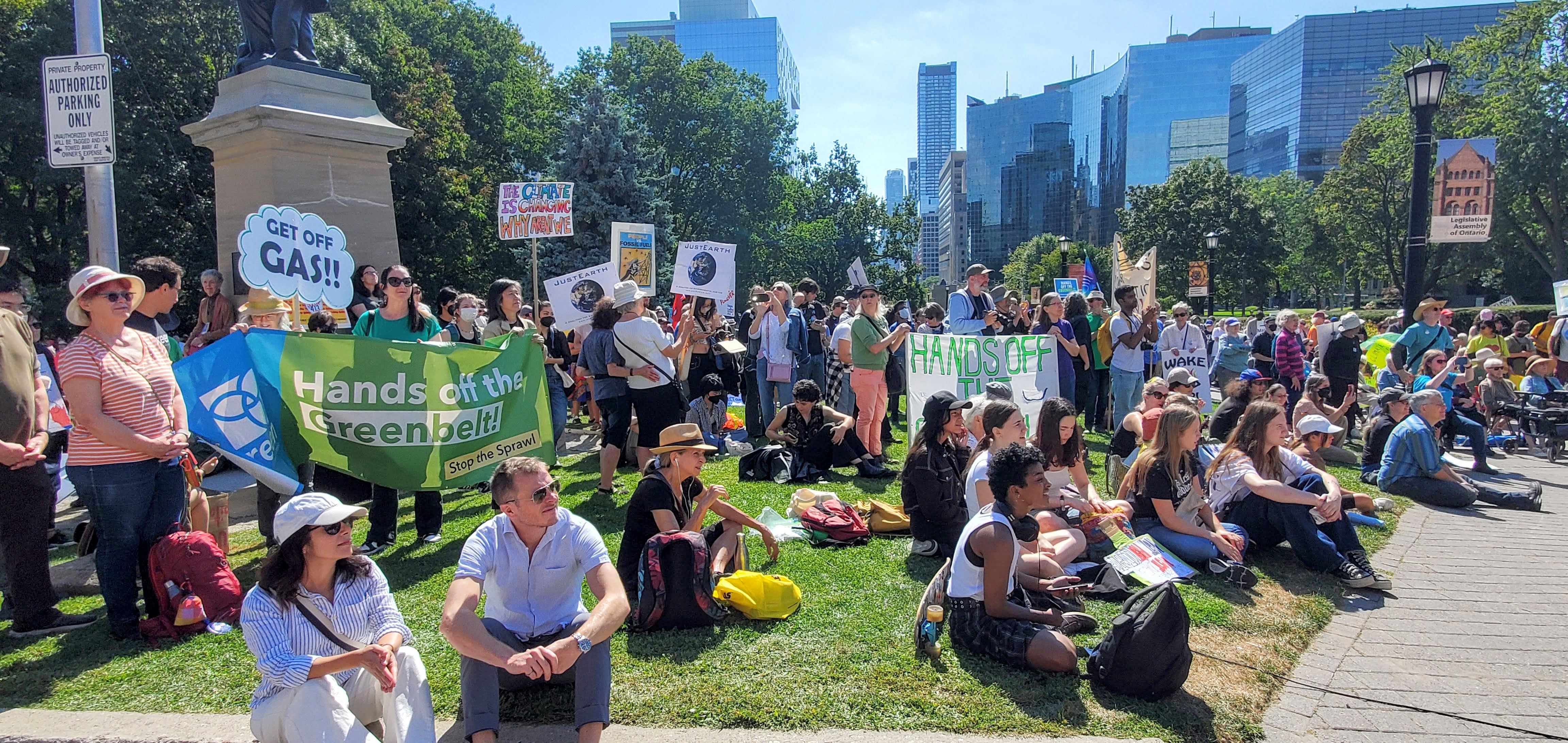
Building a just climate future
To address the urgent threat of the climate crisis, Ontario must treat climate change as the emergency it truly is. That means ending reliance on fossil fuels and holding industry accountable for emissions. It requires investing in public transit, renewable energy, building retrofits, and supporting a just transition for workers shifting from high-carbon to low-carbon jobs. Protecting and restoring forests, wetlands, and grasslands, key ecosystems that store carbon and buffer against extreme weather, are also essential steps forward.
Climate justice also means backing communities most affected by climate change and advancing land-based reconciliation with Indigenous nations.
The Wilderness Committee is pushing for stronger provincial action, including stopping urban sprawl, phasing out gas-fired electricity, expanding public transportation and scaling up nature-based climate solutions.
Behind the Berms
‘Aggregates’ is the industry term for natural materials — sand, gravel, stone and rock — that humans extract from the earth’s surface to make concrete and pavement, to construct roads, highways, subways, sewers, bridges and buildings. Their excavation fundamentally, and often irreversibly, transforms natural ecosystems, depleting fertile soils, destroying habitat for plants and animals, altering water flow patterns and wetlands, and contaminating groundwater. Read on to find out more.
Campaign Gallery
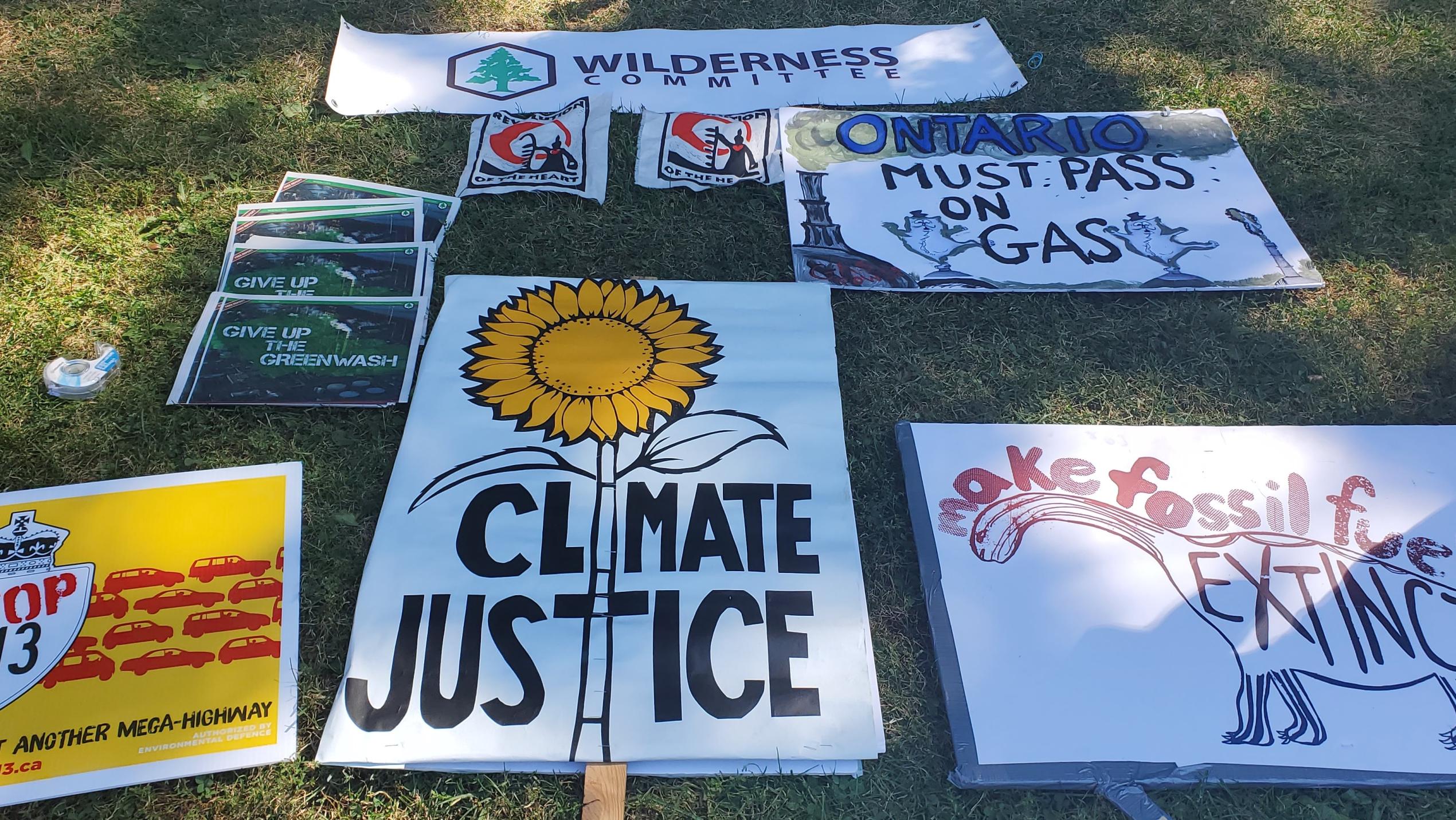
Past Campaign Updates
Join Us
Don’t miss your chance to make a difference. Receive campaign updates and important actions you can take to protect wildlife, preserve wilderness and fight climate change.

